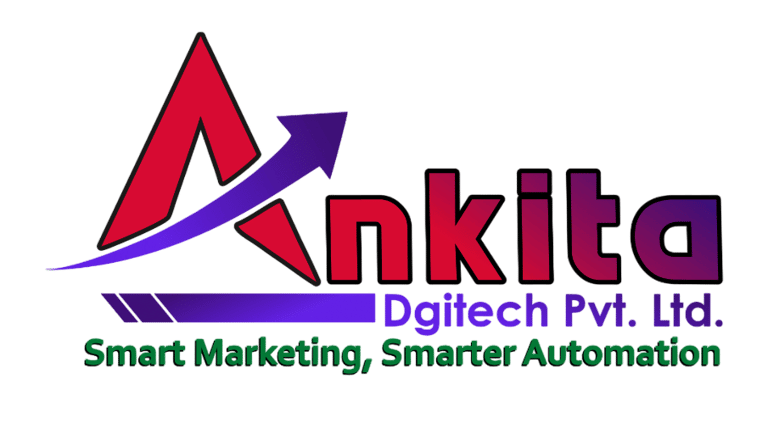AI Agent & Automation Services in Bihar, India | Ankita Dgitech Pvt. Ltd.

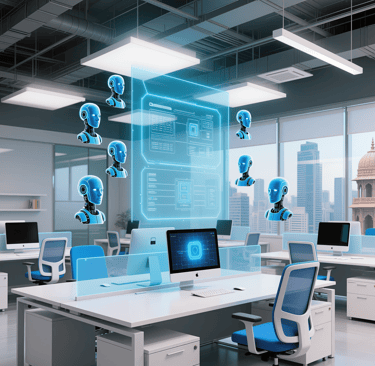
Your business does not need more manpower.
Your business needs smarter Automation systems.
Smart, Scalable and Fully Automated Business Systems for the Next Generation of Indian Enterprises
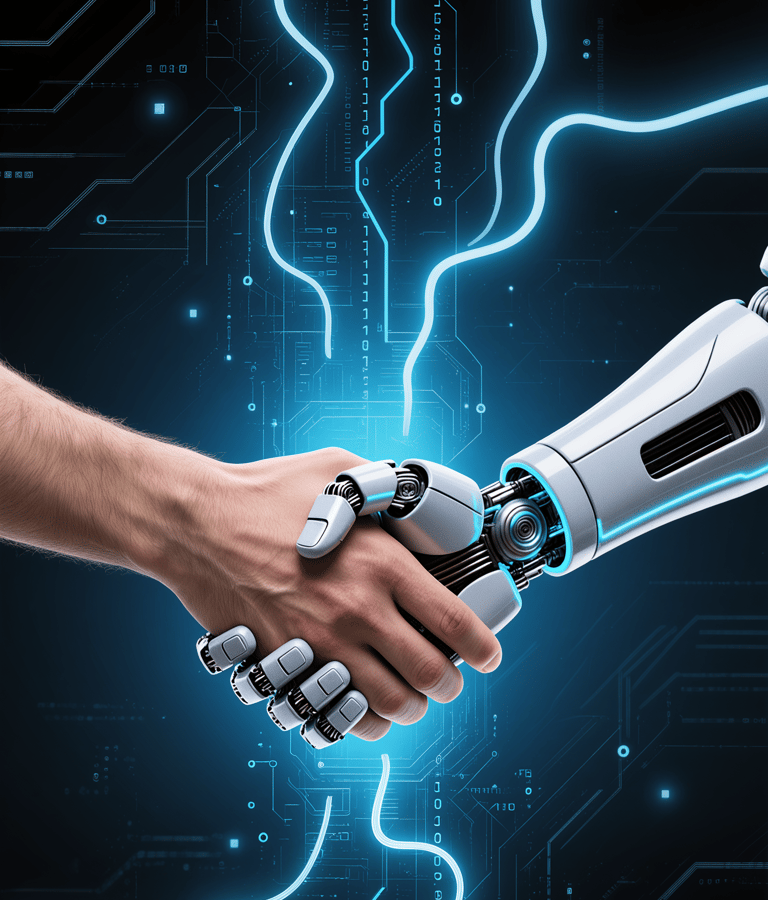

Aaj ke fast-changing digital landscape me businesses tabhi grow karte hain jab unki operations fast, accurate aur largely automated ho. Bihar, India me hamare saath kaam karne wale businesses ka ek hi challenge hota hai — manual kaam itna zyada hota hai ki growth ruk jaati hai.
Lead follow-ups miss ho jaate hain, WhatsApp replies late ho jaate hain, CRM update nahi hota, customer support overload me hota hai, aur employees repetitive tasks me time waste karte hain.
Ankita Dgitech Pvt. Ltd. me hum AI agents, workflow automation, n8n, Zapier, Make.com, ChatGPT automation aur WhatsApp integrations ki help se aapke business ko ek smart digital system me convert kar dete hain — jahan kaam automatically, 24/7, without human dependency chalta hai.
Humara focus simple hai:
Manual kaam kam. Productivity zyada. Growth fastest.

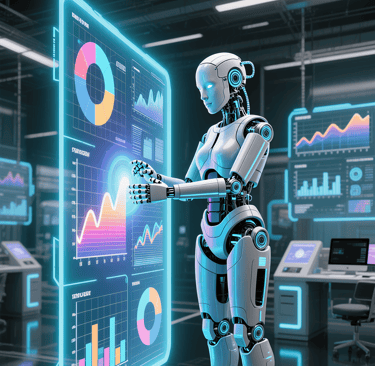
About our AI Automation Services
Every business repeats hundreds of tasks daily. Data entry, calling, replying, updating CRM, sending reminders, preparing reports, onboarding…
I automate these tasks using AI agents, workflows and integrations.
Humara goal simple hai:
Aapka business bina rukhe chale, bina extra staff ke aur bina manual kaam ke.
Real Problems Indian Businesses Face Daily. And How Automation Fixes Them
Problem 1: Leads aati hain, par follow-up time par nahi hota
India me business owners WhatsApp, Facebook Ads, Website Forms se leads to generate kar lete hain, लेकिन follow-up timely nahi ho pata.
Our AI Agent Solution
WhatsApp par instant auto-reply
Lead scoring & qualification
Auto follow-up messages
Sales team ko instant WhatsApp alert
CRM auto update
Impact:
Conversion rate +30%
Response delay: 0 minute


Problem 2: WhatsApp inquiries ka pressure bahut zyada hota hai
Bihar ho ya Poora India aaj ke time me WhatsApp hi primary communication channel hai.
Solution: WhatsApp AI Agent + WhatsApp API Automation
Instant greeting
Auto-generated answers
Lead nurturing flows
Appointment automation
CRM sync
Instant Human-like response
Result:
Missed inquiries: Zero
Customer experience: Improve by 70%


Problem 3: CRM, Sheets, Emails, Invoices… sab manual
Har chhota-bada business India me daily data entry me hours waste karta hai.
H4: Solution: n8n Workflow Automation
CRM auto update
Google Sheets sync
Invoice automation
Payment reminders
Email marketing auto
Lead assignment system
Result:
Team saves 3 to 4 hours daily
Productivity increases exponentially.
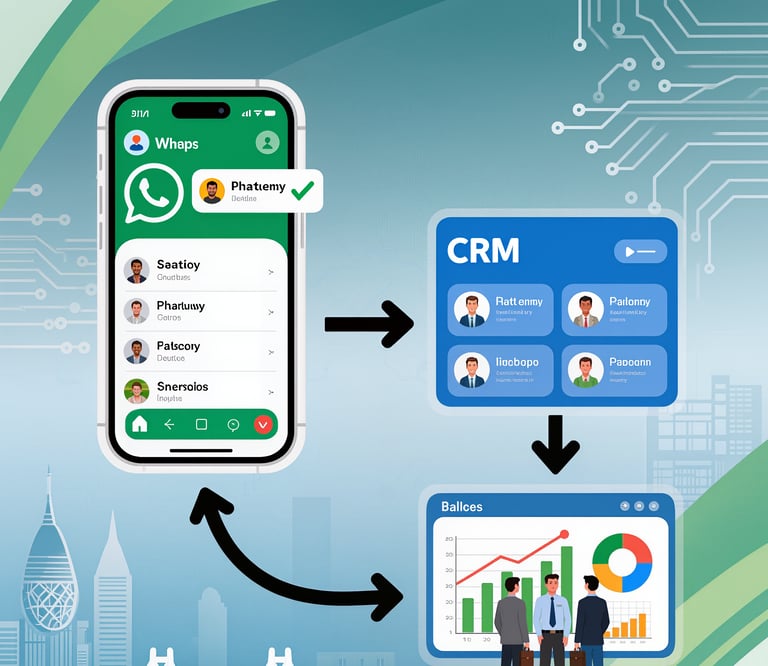

Problem 4: Tools connected nahi hote, system scattered hota hai
Website, WhatsApp, CRM, Emails, Google Sheets, Ads — sab alag chal rahe hote hain.
Solution: Zapier & Make.com Integration
1000+ app integrations
End-to-end automated pipelines
Multi-step workflows
Zero human dependency
Result:
Business becomes smooth, fast and fully synchronized.
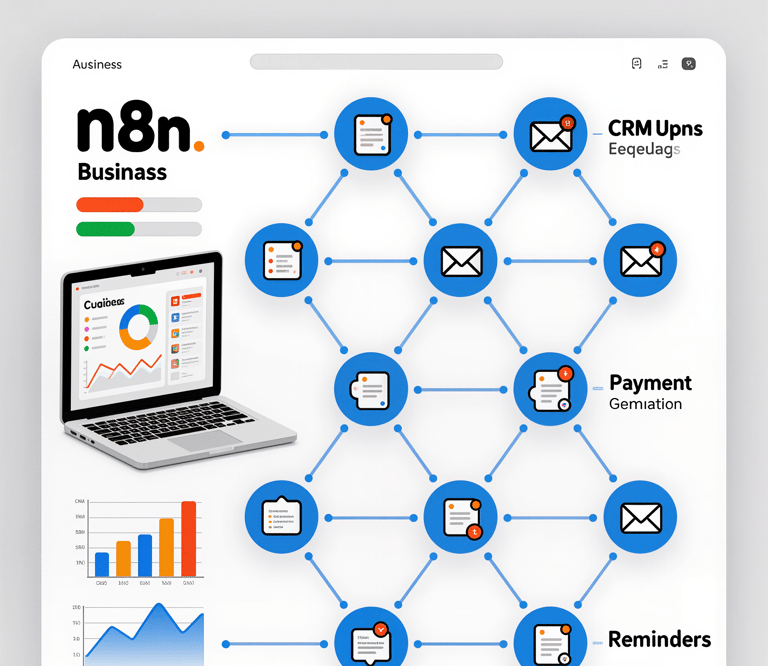

Problem 5: Customer support slow hota hai
Voice aur Chat Support team overloaded rehti hai, customers wait karte hain.
H4: Solution: ChatGPT AI Support Agent
24/7 instant replies
Smart, polite, structured responses
Multi-language support
Knowledge-base automation
Impact:
Support load 80% reduce
Customer satisfaction high
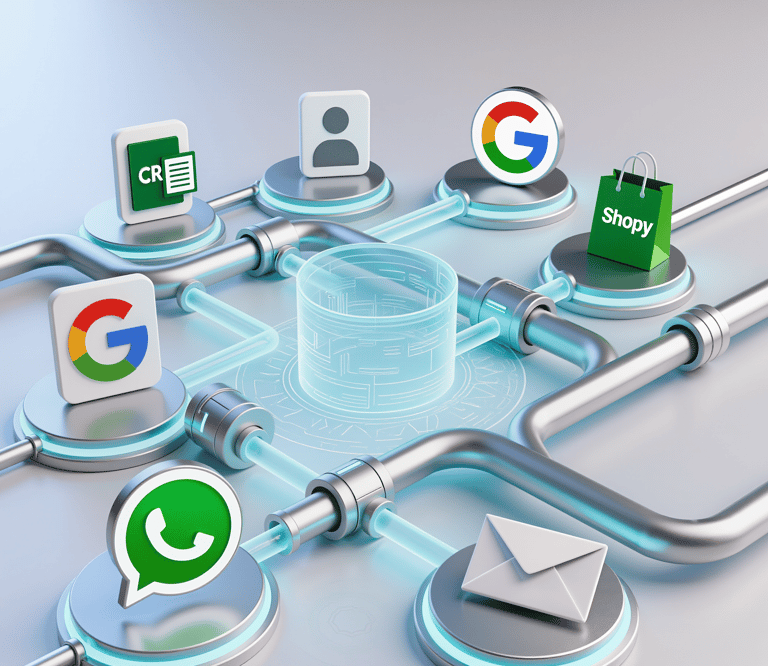

AI Agent & Automation Services We Offer in Bihar, India
Hamare AI agents repetitive tasks ko automate karte hain aur aapke business ko do guuna fast banate hain.
Use cases:
Customer support
Lead handling
Email & WhatsApp automation
Appointment booking
Data processing & reporting
1. Custom AI Agents for Business Automation
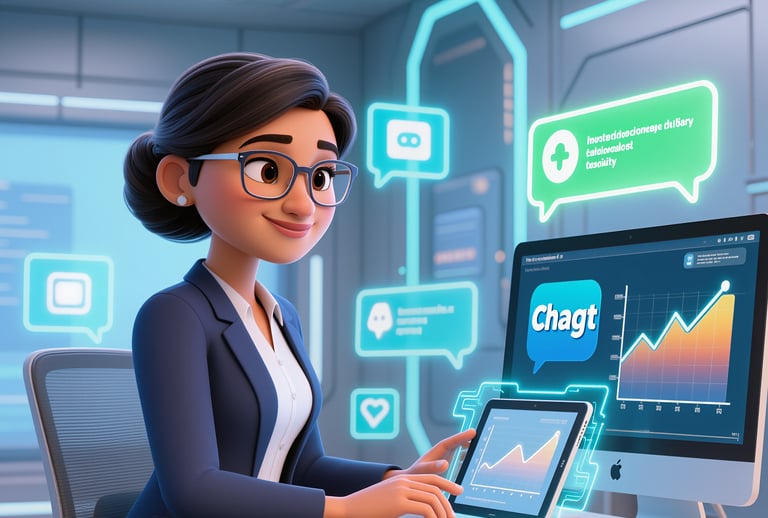

2. n8n Workflow Automation (Open-Source Power)
n8n automation Bihar ke businesses ke liye cost-effective and powerful integration tool hai.
We automate:
Sales pipelines
Email marketing
CRM entries
Payment reminders
Staff notifications
Task management
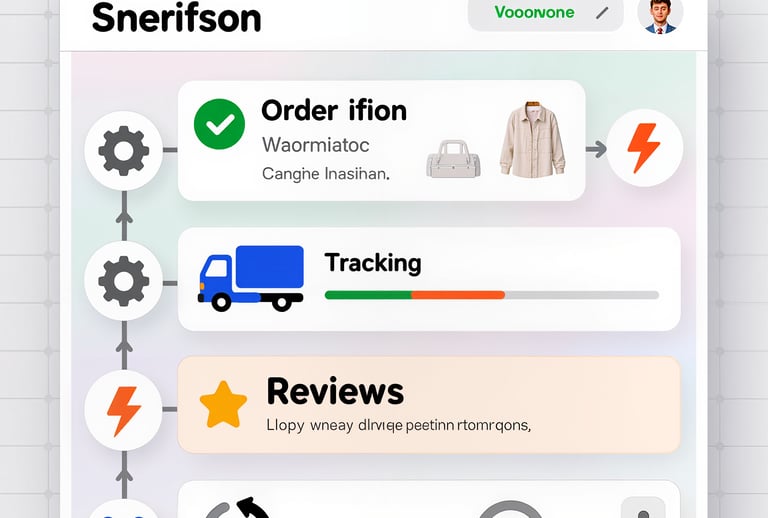

3. Zapier & Make.com Automation
International-grade automation for Indian businesses.
Examples:
Lead form → WhatsApp → CRM
Payment received → Invoice + Thank You
Shopify order → Tracking message
Email → Google Sheets → CRM


4. ChatGPT Automation & AI Chatbots
Smart ChatGPT bots for support, content, sales and internal operations.
Solutions:
AI support agent
Sales AI agent
Content generator
FAQ automation
Data analysis bot
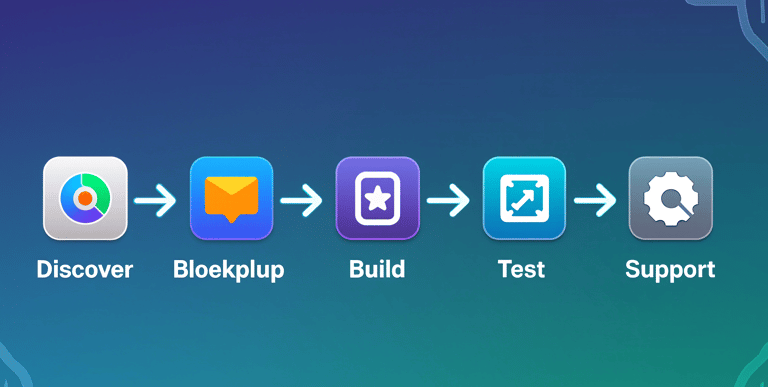

5.WhatsApp Automation (Perfect for Bihar Businesses)
WhatsApp is the lifeline of communication in Bihar.
We automate:
Greeting
Query replies
Lead scoring
Reminders
CRM update
Follow-up sequences
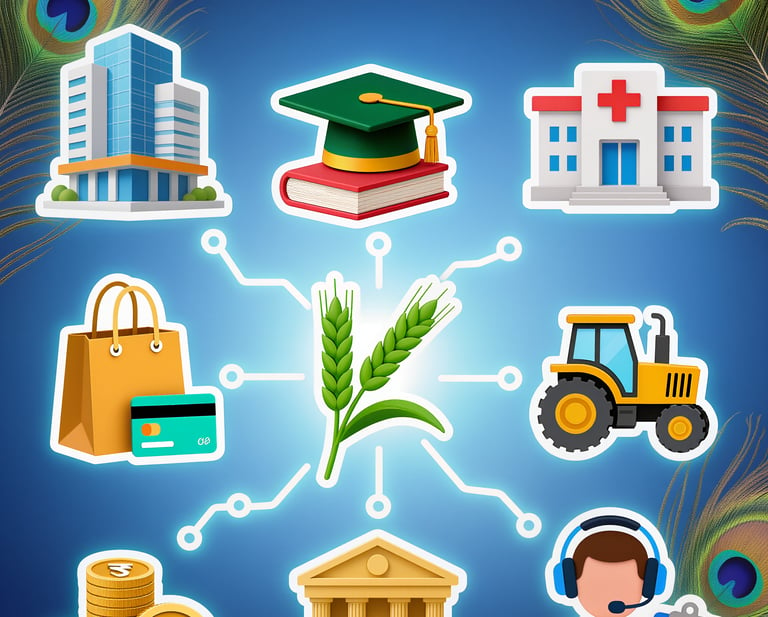

6. E-Commerce Automation (Shopify, WooCommerce)
Hum e-commerce stores ko 100% automated banate hain.
Automations:
Order confirmation
Tracking updates
Review collection
Abandoned cart recovery
Inventory sync

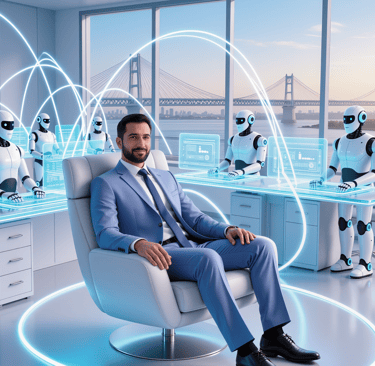
Why Choose Ankita Dgitech for AI & Automation in Bihar?
H3: 1. Local Expertise, National Capability
Bihar based support + India-wide automation implementation.
H3: 2. Advanced Automation Experience
n8n, Zapier, Make.com, ChatGPT, WhatsApp API — expert-level mastery.
H3: 3. Custom Systems for Every Industry
Business needs alag hote hain; automation bhi alag design hota hai.
H3: 4. Affordable for Small & Large Businesses
Automation cost kam, benefit bohot bada.
H3: 5. Full Support & Maintenance
Automation banane ke baad bhi hum long-term saath rehte hain.


Our 5-Step Automation Process
H3: Step 1 — Discovery
Business ka real workflow samajhna.
H3: Step 2 — Blueprint
Automation map create karna.
H3: Step 3 — Build & Integrate
AI agents, workflows, and integrations develop karna.
H3: Step 4 — Test & Improve
Real environment me automation perfect karna.
H3: Step 5 — Training & Support
Team ko training + ongoing support.
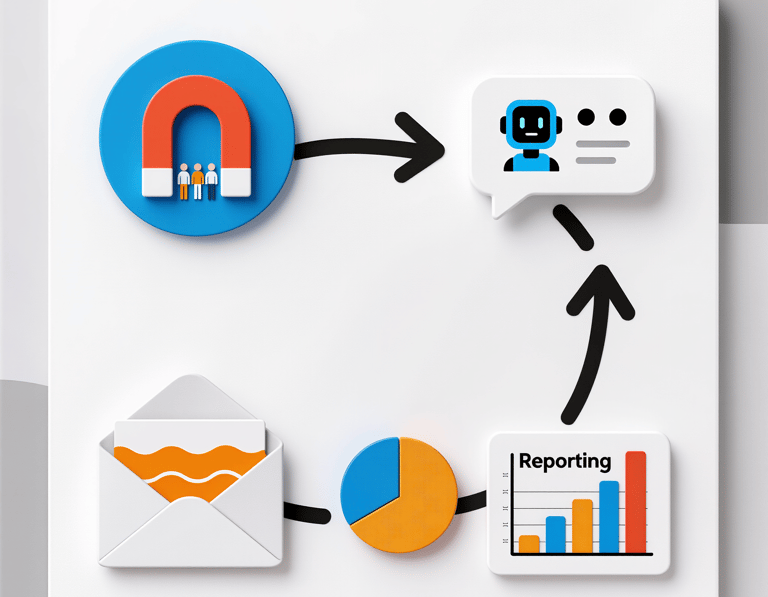

Ready to Automate Your Business?
Your business does not need more manpower.
Your business needs smarter systems.
Let AI work for you.
Let your time be spent on things that actually grow revenue.
👉 Book Your Free Automation Audit
👉 Talk to Our AI Automation Expert


Future of AI & Automation
The future of business is smart automation. Businesses that adopt AI now can cut costs, but also unleash new opportunity for growth, personalization, and innovation. We, at Ankita Dgitech ensure to set your business up for success in this AI-driven future.
📞 Enquire to Ankita Dgitech for AI Agent & Automation Services in Gurugram and begin your Smart Business venture!
Address
Ankita Dgitech pvt. ltd.
PLOTNO, 532, RADHE KRISHNA MANDIR, Pahari, Sampatchak, Patna- 800007, Bihar
Contact
Follow
contact@ankitadgitech.com
www.ankitadgitech.com
7209514289
© 2025 Ankita Dgitech Pvt. Ltd. All Rights Reserved.
Our Services
AI-Powered Digital Marketing
Social Media Marketing
Search Engine Optimisation (SEO)
Google Ads & Meta Ads
Website Designing & Development
AI Automation Solutions
AI-Powered Digital Marketing Course
